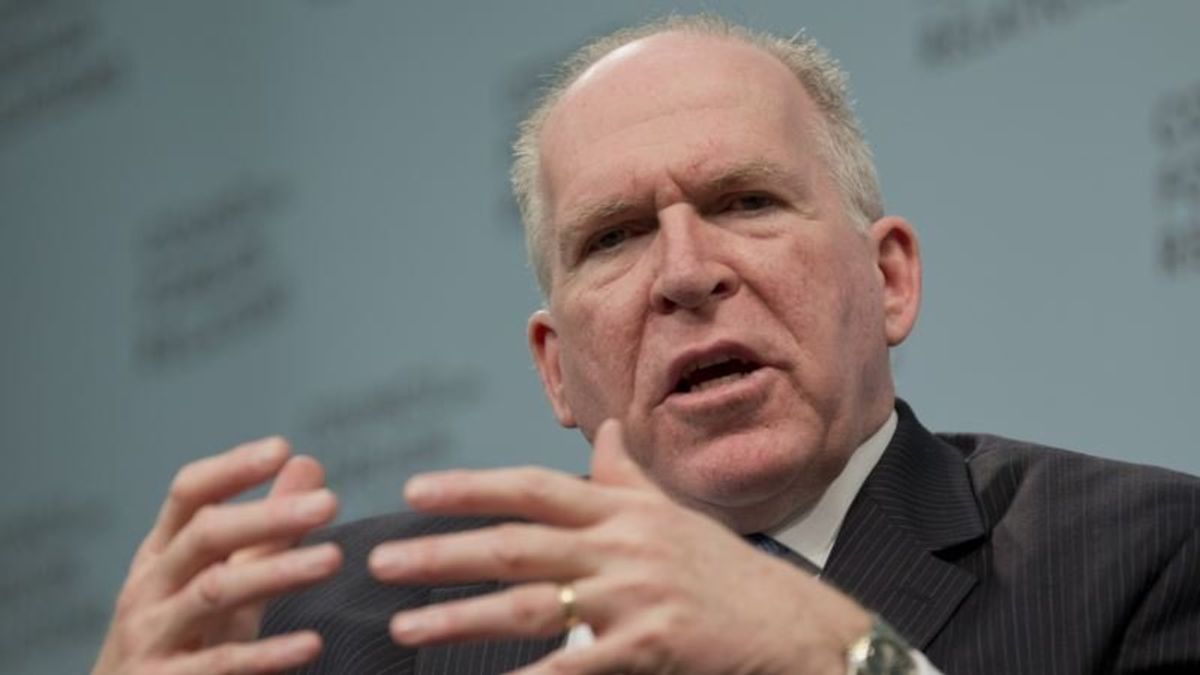
Explainer: How Do Security Clearances Work?
Explainer: How Do Security Clearances Work?

U.S. President Donald Trump on Wednesday revoked the security clearance of former CIA Director John Brennan. We take a look at what that means.
What is a security clearance?
A security clearance allows a person access to classified national security information or restricted areas after completion of a background check. The clearance by itself does not guarantee unlimited access. The agency seeking the clearance must determine what specific area of information the person needs to access.
What are the different levels of security clearance?
There are three levels: Confidential, secret and top secret. Security clearances don’t expire. But, top secret clearances are reinvestigated every five years, secret clearances every 10 years and confidential clearances every 15 years.
Who has security clearances?
According to a Government Accountability Office report released last year, about 4.2 million people had a security clearance as of 2015, they included military personnel, civil servants, and government contractors.
Why does one need a security clearance in retirement?
Retired senior intelligence officials and military officers need their security clearances in case they are called to consult on sensitive issues.
Can the president revoke a security clearance?
Apparently. But there is no precedent for a president revoking someone’s security clearance. A security clearance is usually revoked by the agency that sought it for an employee or contractor. All federal agencies follow a list of 13 potential justifications for revoking or denying a clearance, which can include criminal acts, lack of allegiance to the United States, behavior or situation that could compromise an individual and security violations.








